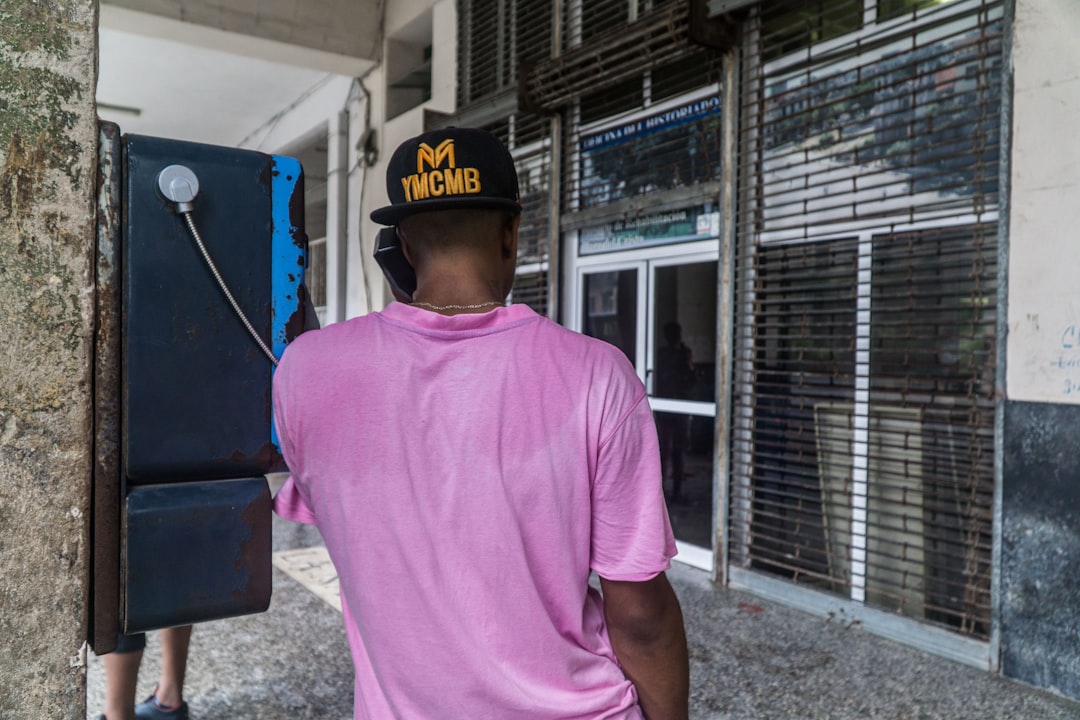- Understanding Do Not Text Laws in West Virginia
- Robocalls and Their Impact on Consumers
- When is a Robocall Considered Illegal?
- The Role of a Lawyer in Stopping Unwanted Calls
- Choosing the Right Law Firm for Robocall Cases
- Compensating for Financial Loss Due to Robocalls
- Legal Steps After Receiving an Illegal Robocall
- Success Stories: Real-Life Compensation Cases
Understanding Do Not Text Laws in West Virginia
In West Virginia, the “Do Not Text” laws are designed to protect residents from unwanted text messages, particularly those promoting goods or services. These laws are part of a broader effort to combat robocalls and automated messaging, which can be intrusive and frustrating for recipients. If you’re facing an excessive number of unsolicited texts, knowing your rights is crucial. Consulting with a Do Not Text Laws lawyer WV can help you understand your options and take legal action if necessary. These experts, along with robocall attorneys West Virginia, specialize in navigating these regulations to ensure individuals are compensated for their privacy intrusions.
West Virginia’s Do Not Text Laws empower residents to opt-out of marketing texts by providing clear instructions within each message. Failure to respect these preferences can result in legal repercussions for businesses and organizations engaging in such practices. A Do Not Text Laws law firm West Virginia can assist victims in pursuing financial compensation for unauthorized text messages, holding perpetrators accountable under the state’s consumer protection laws. By retaining a qualified lawyer for robocall West Virginia, individuals can assert their rights and make sure they receive the relief they deserve.
Robocalls and Their Impact on Consumers
When is a Robocall Considered Illegal?
In the state of West Virginia, a robocall is generally considered illegal when it violates the Do Not Text Laws, also known as the Telephone Consumer Protection Act (TCPA). These laws protect consumers from unwanted telemarketing calls and provide them with legal recourse for compensation. If you are receiving repeated or unsolicited robocalls, especially from unknown numbers, you may have rights under these regulations.
Robocall attorneys in West Virginia specialize in navigating these legalities and advocating for victims. They can assist in identifying violators, calculating the damages incurred due to unwanted calls, and pursuing financial compensation on your behalf. Engaging a reputable Do Not Text Laws lawyer WV or a robocall law firm West Virginia is crucial if you wish to stop these intrusive calls and claim what’s rightfully yours under the state’s consumer protection laws.
The Role of a Lawyer in Stopping Unwanted Calls
In the battle against unwanted calls, especially those that are pre-recorded or involve solicitation, having a legal expert on your side can be invaluable. A lawyer specializing in communication laws and consumer protection can play a pivotal role in stopping robocallers from disturbing your peace. They have the knowledge and skills to navigate complex regulations like the Telephone Consumer Protection Act (TCPA) and ensure that your rights as a West Virginia resident are upheld.
When you engage a Do Not Text Laws lawyer or an attorney specializing in this field, they can take immediate action to halt the calls. This may involve sending cease-and-desist letters, filing official complaints with regulatory bodies, or even pursuing legal action if necessary. Many law firms offering these services in West Virginia (Do Not Text Laws law firm West Virginia) also help clients seek financial compensation for any distress caused by these unwanted communication attempts, turning a nuisance into a form of restitution.
Choosing the Right Law Firm for Robocall Cases
Compensating for Financial Loss Due to Robocalls
Legal Steps After Receiving an Illegal Robocall
If you’ve received an illegal robocall in West Virginia, there are several legal steps you can take to protect your rights and seek compensation. The first course of action is to do not text or return the call. Instead, document the details – date, time, caller ID, and a record of the message – as this will be crucial for any future legal proceedings.
Next, consider reaching out to a Do Not Text Laws lawyer in WV or a reputable robocall law firm West Virginia. These professionals can help you understand your rights under state laws, such as the Telephone Consumer Protection Act (TCPA), and guide you through the process of filing a complaint with relevant regulatory bodies. Additionally, they can assist in negotiating a financial compensation for any distress or inconvenience caused by the illegal robocall.
Success Stories: Real-Life Compensation Cases
In the fight against unwanted and fraudulent calls, many West Virginians have found success through legal action. These real-life stories serve as powerful examples of how individuals can stand up for their rights and secure compensation. For instance, a resident from Charleston successfully sued a telemarketing company after receiving numerous robocalls, leading to a substantial financial settlement. This case not only brought relief to the victim but also set a precedent, encouraging others to take action against persistent violators.
Another compelling story involves an elderly couple from Morgantown who, with the help of a reputable Do Not Text Laws lawyer WV, achieved justice and recovery after being targeted by a scheme promising false financial gains. Their attorney, specializing in robocall cases, guided them through the legal process, resulting in a favorable outcome. These victories demonstrate the effectiveness of legal representation when dealing with modern-day consumer protection issues, empowering residents across West Virginia to protect themselves from similar experiences.






